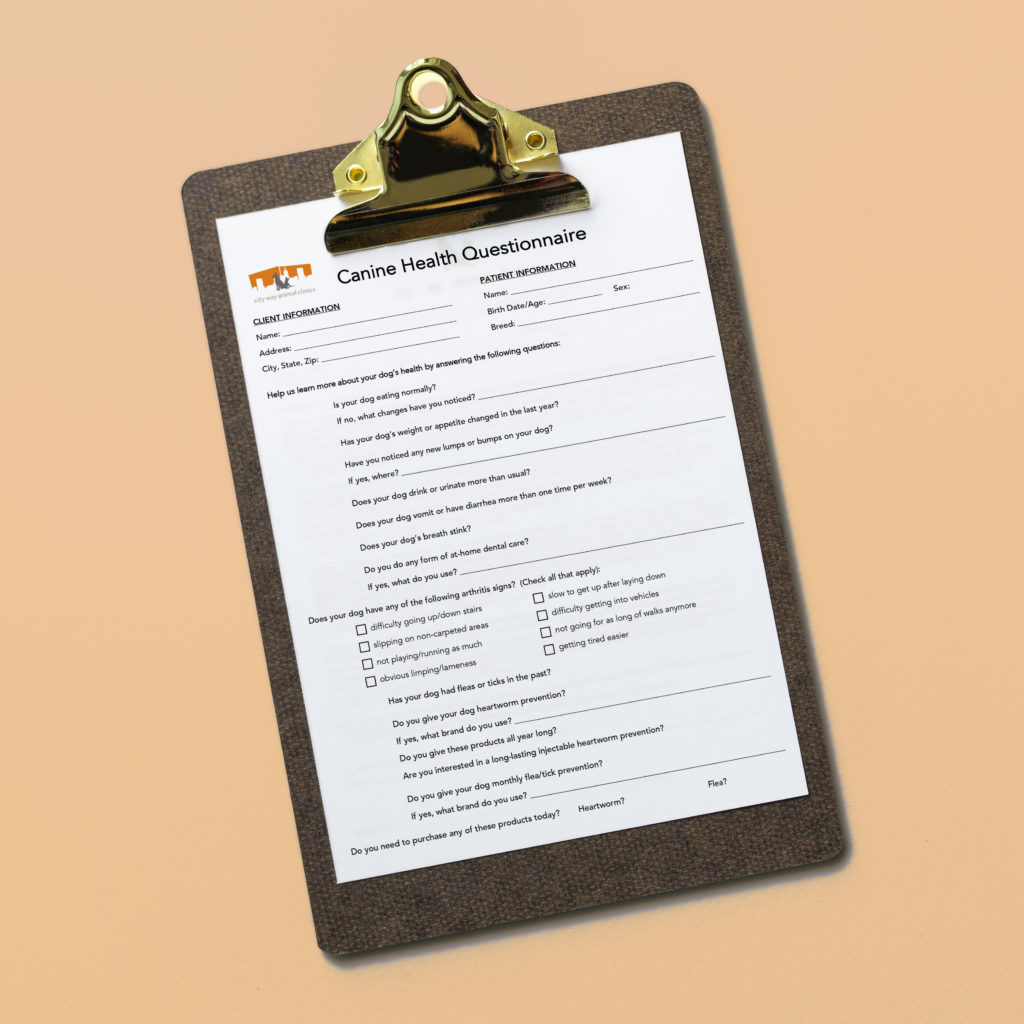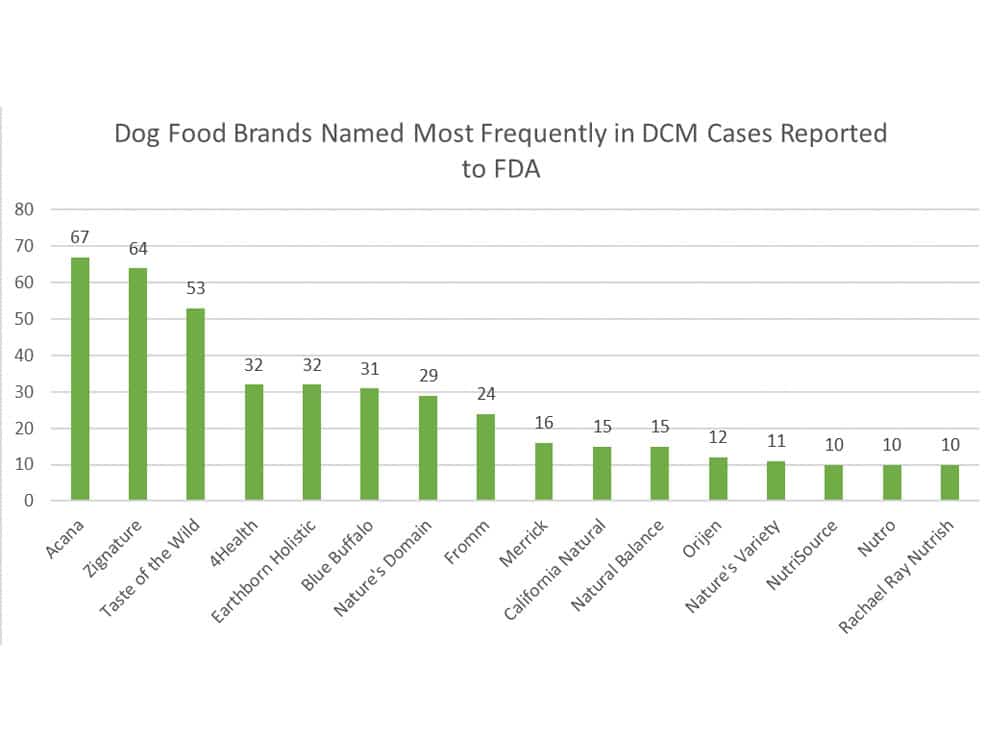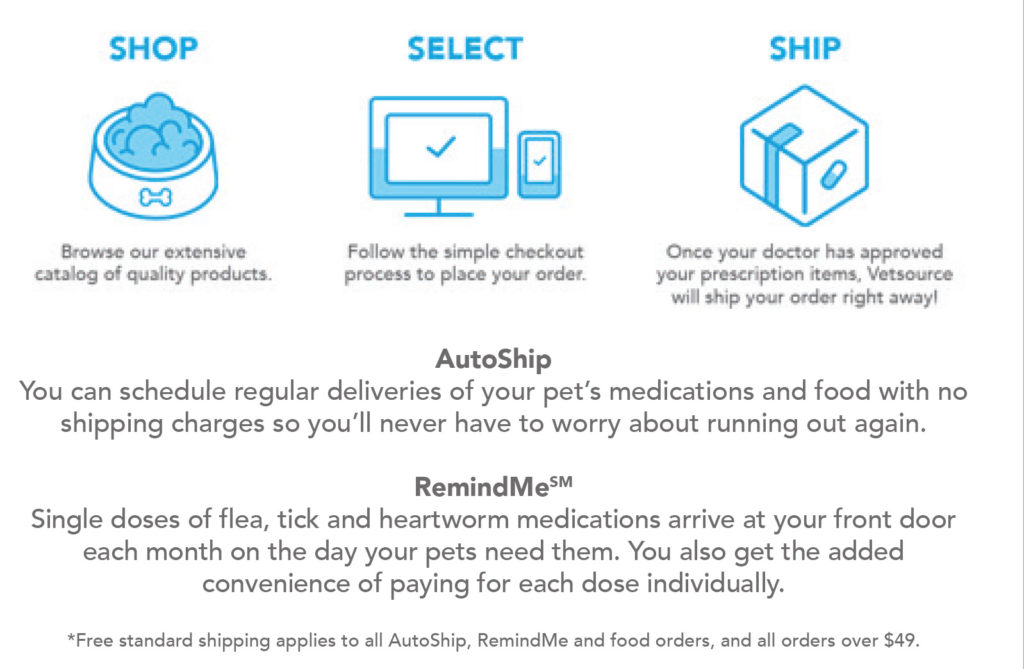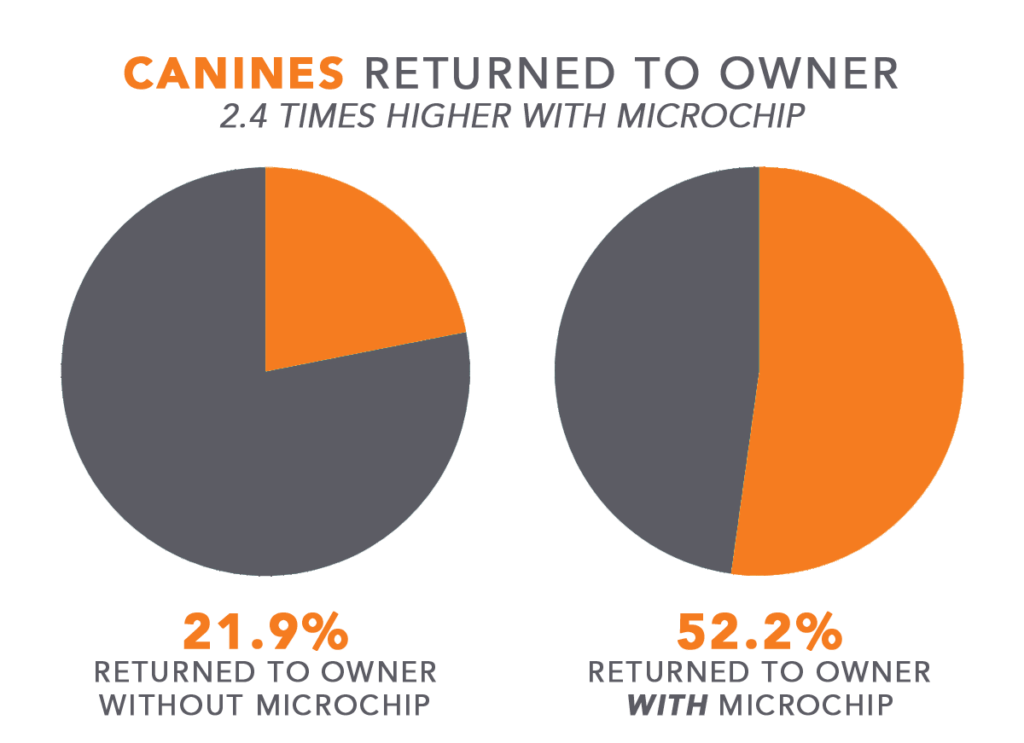Pet Wellness
What to Expect at Your Yearly Vet Appointment
A thorough assessment is a critical first step in establishing your pet’s health status and can give you insight to your pet’s medical needs. That’s why we recommend all our patients be examined by a veterinarian every year. These physicals allow us to get to know your pet, assess their health, and detect any abnormalities or signs of disease.
Cold Laser Therapy
Cold Laser Therapy effectively treats a wide variety of conditions including pre-surgical, post-surgical, acute, and chronic disease states. It can also be a versatile and trustworthy addition to existing treatments.
Veterinary Hospice Care: A Commitment to Compassion
Those of us lucky enough to have a senior pet have probably thought about what it might be like when we have to say goodbye. Will it be cancer, heart disease, or a conglomeration of symptoms that equate to a bad quality of life? How do we know when it’s the right time? How will we know the right way to say goodbye?
Our team is all too familiar with pet loss. We know how difficult this is for both pet and parent, and our hospice care services are designed to aid your family through this process.
DCM Cases & Dog Food Brands
In July 2018, the FDA announced that it had begun investigating reports of canine dilated cardiomyopathy (DCM) in dogs eating certain pet foods, many labeled as “grain-free”.
Dilated cardiomyopathy (DCM) is a disease of cardiac muscle that leads to an enlarged heart. As a result, the heart’s ability to pump blood throughout the body becomes more difficult and can lead to fluid buildup in the chest and abdomen.
Based on what we know about HCM (Hypertrophic Cardiomyopathy, feline heart disease) and taurine deficiencies, a diet with possible taurine blocking ingredients (lentils, peas, legumes) could be potentially dangerous for felines as well as canines.
Know Your Parasites
Parasites may be small, but these creatures can cause life-threatening illnesses and wreak havoc on your pet’s health. The most common pet parasites include fleas, ticks, ear mites, heartworms, intestinal worms (like roundworms, hookworms, tapeworms, and whipworms), and single-celled (protozoan) parasites like coccidia and giardia.
Read on for more info on what each parasite is, how they’re spread, symptoms, treatments and preventatives available, and how prevalent they are.
What to Do When Your Pet is Choking
We’ve all been worried from time to time when our pet coughs, listening closely and wondering, “is she choking or just coughing?” Sometimes it can be difficult to tell the difference at first.
Keep calm and read on! It’s important to be prepared if your pet ever gets something caught in their throat and begins to choke.
Healthy Pet Diets – It’s what’s for dinner!
As a pet owner, finding the right diet for your furry friends can be difficult! There are a lot of articles online with conflicting information and unreliable sources. While federal and state regulations require animal food to be safe to eat, an FDA pre-market review isn’t mandatory for animal food to be legally marketed and sold. This can sometimes mean that despite a food brand’s good marketing, they don’t always make the most nutritionally balanced meal for your pets.
Leptospirosis
Leptospirosis is an infectious disease that is caused by multiple strains of bacteria called leptospira. It can cause kidney and liver damage that can be fatal in some animals if not treated immediately.
Microchips Made Simple
Your pet is more likely to find its way back to you with a registered microchip.
When your pet is found, vet clinics and shelters can scan the animal for an ID number and report the pet as lost. The microchip company will contact you and you’ll be reunited with your lost pet!






